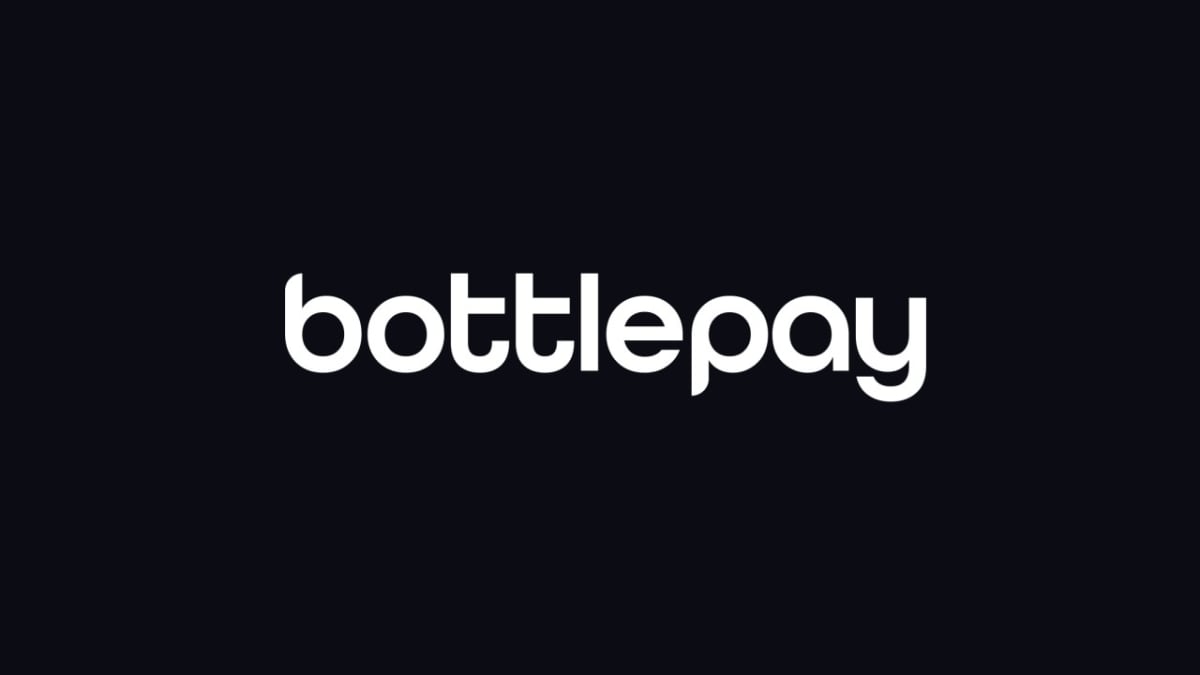
NYDIG Acquires Digital Assets Data
The acquisition bolsters NYDIG's data offerings as it continues to build out an institutional client base.
Related News
New York Digital Investments Group (NYDIG) raised $150 million for two new funds to invest in cryptocurrencies, a move that underscores the one-stop crypto shop’s skyrocketing clout on the institutional bitcoin scene. As revealed in two U.S. Securities and Exchange Commission filings, NYDIG Digital Assets Fund I raised $50 million from institutional investors while NYDIG […]
Bitcoin is becoming an increasingly “institutional asset,” according to NYDIG's CEO. New York Digital Investment Group has raised $150 million through two separate cryptocurrency investment funds, according to documents filed with the United States Securities and Exchange Commission on Nov. 24 and Dec. 1.The NYDIG Digital Assets Fund I raised $50 million, with the NYDIG Digital Assets Fund II raising a further $100 million.Reports suggest that the money raised by Fund I, which invests purely in Bitcoin (BTC), came from just two unnamed investors. Meanwhile, the larger Fund II is reputed to....
The institutional Bitcoin services company bought the European Lightning Network payments app for an undisclosed amount.
Former Goldman Sachs partner NYDIG partook in Bottlepay’s seed funding round in March 2021. Bitcoin (BTC) investment firm New York Digital Investment Group, or NYDIG, has announced the acquisition of United Kingdom-based micropayment service Bottlepay for an estimated fee between $280 million and $300 million.NYDIG previously participated in the company’s $15.4-million seed funding round in February, a raise that was led by British billionaire investor Alan Howard and saw the company valued in excess of $50 million.Utilizing the Bitcoin Lightning Network, Bottlepay’s mobile application....
What do Unchained Capital, NYDIG, Swan Bitcoin, and BlockFi have in common? Third-party providers. Even though the four companies confronted the data leak head-on and admitted their wrongs, the compromised security was someone else’s. Luckily, the data the bad actors stole was not critical financial information, but marketing-driven personal info. Terrible, to be sure, but […]





